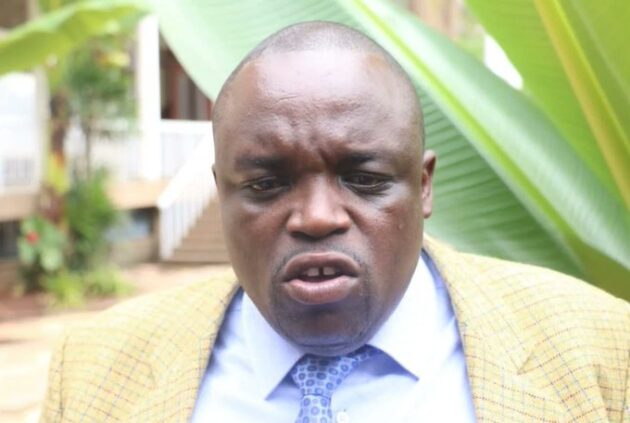In a pointed political statement, Korogocho MCA Absalom Odhiambo has called on the Kamba community to reject recent remarks by Deputy President Rigathi Gachagua, who referred to Kambas as “cousins” of the Kikuyu community. Odhiambo didn’t hold back, accusing Gachagua of using kinship rhetoric as a political bait rather than a gesture of genuine solidarity.
Speaking during a community gathering, Odhiambo labeled Gachagua’s comments as “strategic manipulation,” urging Kambas not to fall for what he termed a well-worn script designed to rally support ahead of the 2027 elections.
“He’s playing you,” Odhiambo stated bluntly. “He’s not talking about cousins out of love; it’s about numbers and political convenience.”
Background: Gachagua’s “Cousins” Remark
Gachagua recently referred to the Kamba community as close allies of the Kikuyu, describing the relationship as that of “cousins.” While the comment may seem harmless at face value, political observers say it was a strategic appeal to build ethnic coalitions in preparation for a broader political base.
The “cousins” reference is not new in Kenyan politics, often used to draw ethnic similarities between different communities in a bid to shape political alliances. However, Odhiambo argued that such sentiments often surface only during election seasons and disappear just as quickly once votes are cast.
The Kamba Community’s Response
Within the Kamba community, reactions have been mixed. Some see Gachagua’s remarks as a step toward political inclusion, while others echo Odhiambo’s skepticism, viewing it as an attempt to use cultural identity for short-term political gain.
Several community leaders have also weighed in, asking for concrete policy commitments over symbolic gestures. They argue that real partnerships require shared goals and development agendas—not tribal affiliations dressed up as family ties.
Why It Matters
The debate highlights the ongoing challenges in Kenyan politics, where ethnic identity is often leveraged for votes. Odhiambo’s warning reflects a growing fatigue among voters who are tired of being courted with familiar lines, only to be forgotten after elections.
As the political landscape begins to shift in preparation for 2027, expect more rhetoric like Gachagua’s. But voices like Odhiambo’s show that communities are becoming more alert and critical.
Final Thoughts
Odhiambo’s sharp call-out serves as a reminder: identity politics can no longer go unchallenged. The Kamba community—and all Kenyan voters—are being urged to look beyond kinship language and demand actual representation. If Gachagua wants genuine support, he’ll have to offer more than just familiar words.



